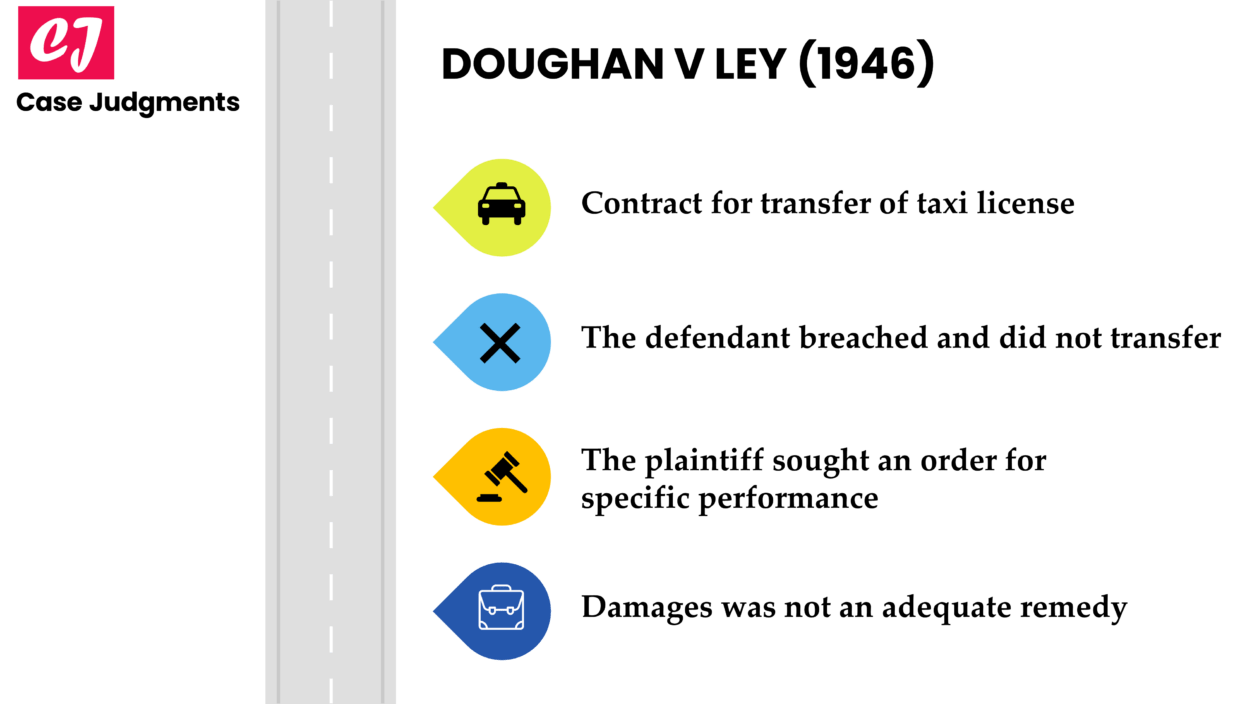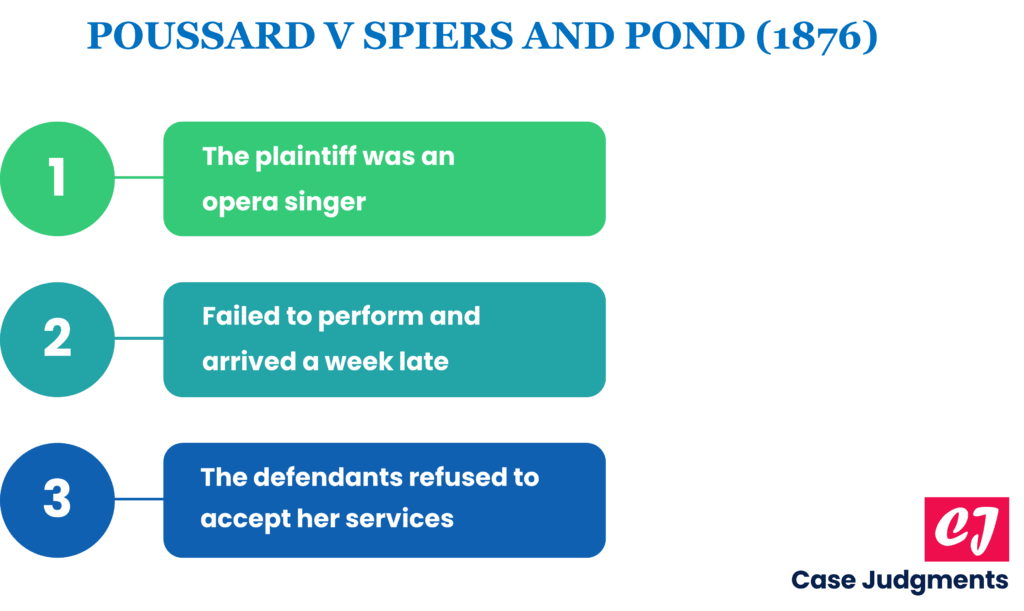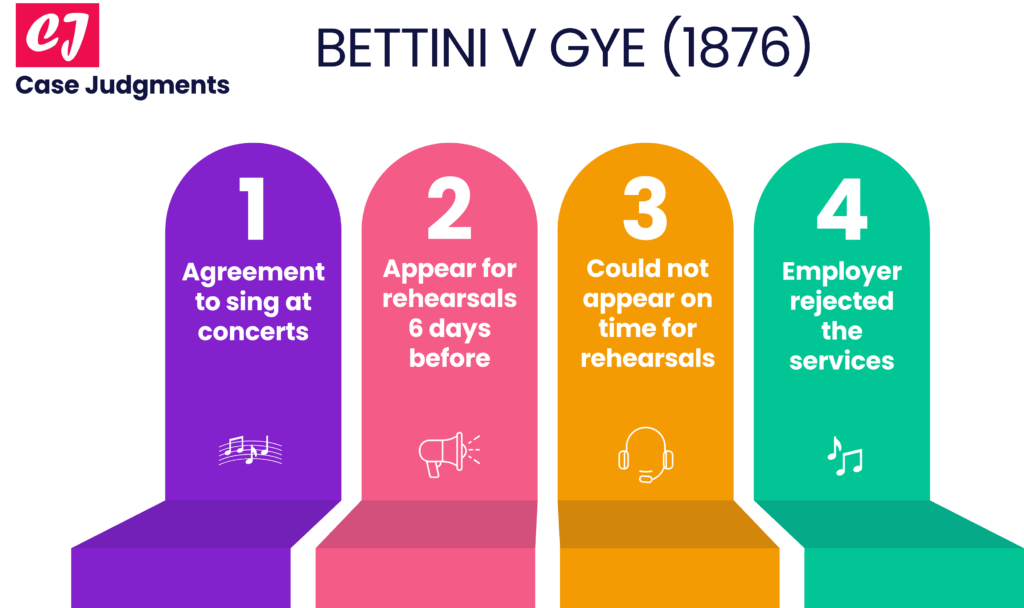
Dougan v Ley (1946): A Case Summary
Dougan v Ley (1946) is an Australian case that throws light on the remedy of specific performance where there is a breach of contract. It concerns a contract to transfer a taxi license. Given below are the case details:
| Case name & citation: | Dougan v Ley (1946) 71 CLR 142; [1946] HCA 3 |
| The concerned court: | High Court of Australia |
| Decided on: | 08 April 1946 |
| Area of law: | Remedies for breach of contract; specific performance |
Facts of the case (Dougan v Ley)
The case was about a contract between two parties for the transfer of a taxi license. The defendant was the owner of a taxi and had a registration and license for it. He then verbally agreed to sell the taxi and the benefit of the registration and license to the plaintiff for a particular price. The plaintiff paid a deposit and desired to complete the arrangement. The defendant declined. He breached the contract and failed to transfer the license as was agreed upon.
Recognizing that there was a scarcity of available taxi licenses, the plaintiff sought to claim specific performance of the contract. This means that the plaintiff wanted the court to order the defendant to perform their contractual obligation by effecting the transfer of license.
However, the defendant argued that instead of an order for specific performance, damages would be sufficient as a remedy for the breach of contract.
Issue
Was an order for specific performance appropriate in this case?
Judgment of the Court in Dougan v Ley
The Court decided that while chattels (movable personal property) are not generally subject to specific performance, there are exceptions to this, for example, a chattel of special or unique value. In the given case, the taxi license was considered to fall within this exception and hence, specific performance was regarded as appropriate. The Court took into account the fact that there were only a limited number of taxi licenses available, making them valuable and difficult to obtain. Due to this scarcity, the court determined that the unique/rare nature of the taxi license made it fall within the exception. Hence, it ordered the defendant to fulfill the contract by transferring the license as damages alone would not be an adequate remedy.
It was held that the defendant should take all necessary actions and execute all documents which were needed to enable the plaintiff to make a proper application to the Commissioner for Road Transport and Tramways for the transfer of the registration and license of the taxi.
List of references:
- https://jamesonlaw.com.au/civil-law/remedies-cases/#:~:text=Dougan%20v%20Ley%20%E2%80%93%20the%20plaintiff,and%20license%20to%20the%20plaintiff.
- https://lawcasesummaries.com/knowledge-base/doughan-v-ley-1946-71-clr-142/
- https://www.elitigation.sg/gdviewer/s/2010_SGHC_222
You might also like:
More from contract law:

